During my first semester studying architecture, I was in Design Studio 1, and Joel Towers happened to be a critic on my first architectural design review. From the other critics that day feedback was mainly, “try to make more drawings at a smaller scale” or “next time, do larger scale models.” But when it was Towers’ turn, I remember him telling my class to “Never forget to draw the roots of the trees. They are the most important part.” With his long history at The New School, that can be used as a fitting metaphor for welcoming our new president. So, Joel Towers, congratulations on your appointment.
Whether by nurture or nature, one’s roots are crucial to who they are now.
Donna E. Shalala, the most recent acting president at The New School, was a career politician before she joined us. Dwight A. McBride, the ninth president, was a scholar and administrator before his tenure here. David E. Van Zandt, the eighth president, was an attorney and legal scholar before assuming the role. While these prestigious backgrounds are significant, none come from the arts or being a professor, making Towers’ presidency particularly exciting to me.
Not only is he a creative, but he is also an architect. Architecture is not merely designing buildings; it considers how spaces accommodate people with disabilities, the impact of building forms and materials on different cultures and their land, and the pursuit of creating something sustainable yet poetic. But will these principles be highlighted during Joel Towers’ presidency?
During his welcome speech and first in-person address to The New School, he avoided questions and statements regarding Palestine, anti-Semitism, and the assault of a student by David Potter during last year’s Parsons Benefit.
As Towers embarks on his presidency, I have high expectations given his architectural and creative background. But, will Joel Towers live up to the expectations? Or will he continue to mishandle and mistreat students and staff like our previous presidents? I asked members of the student body for their thoughts:
“[I am excited for Towers because] architects have a large range of skill sets which gives them greater perspective,” third-year Architectural Design student Daniela Pedroza Altamirano said. “My only experience with Joel Towers was when he sat [in] on a review of mine last year. He didn’t review my work, but from his feedback to other students I could tell he was detail-oriented [and a] clear communicator.”
“Think about McBride, he came in for a year, and then he had COVID-19, and then he had a strike. Man didn’t even have time to think or to do anything right. He wasn’t in tune with The New School culture, so a lot of it is with the system. I don’t think a different president is going to change it,” third-year Economics student at Eugene Lang College of Liberal Arts Michael Kpade said.
He continued, “Cops being hyper-vigilant towards protest[s] is not just a New School thing…It goes beyond something that our presidents have the power to control on their own. It’s something that is beyond our specific institution. This is not saying they’re not accountable, but I don’t believe that a single individual is going to save things as the president. I also just don’t believe The New School as an administration, like the Board of Trustees, is willing to move far enough for things to change.”
“I think [coming from a background as a professor] could be a good thing because he understands the school, the public, and has been around the students before. Qualities I want in a president are respectful of the student body, pro-Palestine, and someone who matches the school’s energy. The New School is very progressive and I feel like [the president] should match that,” third-year Interior Design student Alisa Paklin said.
From both my own experience and talking to other students, I’ve concluded that we need a president who will push the Board of Trustees to divest from Israel. This will eliminate the increased police presence on campus, stop students arrests, and cease chaos and tension between administration and student body. However, our actions and words must be directed at the administration and Board of Trustees, not an individual.
All of these conversations point to the consensus that what The New School needs right now, first and foremost, is a president who is steadfast in their commitment to divesting the university’s endowment from military companies supporting and arming Israel.
A lot of the harm that our community has faced at the hands of both the New York Police Department and university administration — including arrests, suspensions, conduct investigations, and the general tension between university leadership and the student body — may have been avoided if only the voice of our community had been prioritized earlier. However, it is essential to remember that one person alone cannot solve it all.
Every decision that President Towers makes must go through different committees. Our attention should be focused just as much on the decision makers who are behind the scenes, as it is on the visible actions of our president.
But I have hope for the kind of president Towers will become. Anyone who can hold love for the environment, art, and education is someone I believe can be a leader.
Maybe we are wrongfully blaming the president when we should be blaming the board of investors that truly leads the school. Joel Towers is ultimately a figurehead and a scapegoat for the public to blame when the school is facing controversy. I fear that Joel Towers could just be a leaf on the tree.
If students want to hold the university accountable, we must address not just the president, but the structures and systems embedded within. The responsibility for change goes beyond a single individual. The roots of the university’s issues run much deeper than just the president.

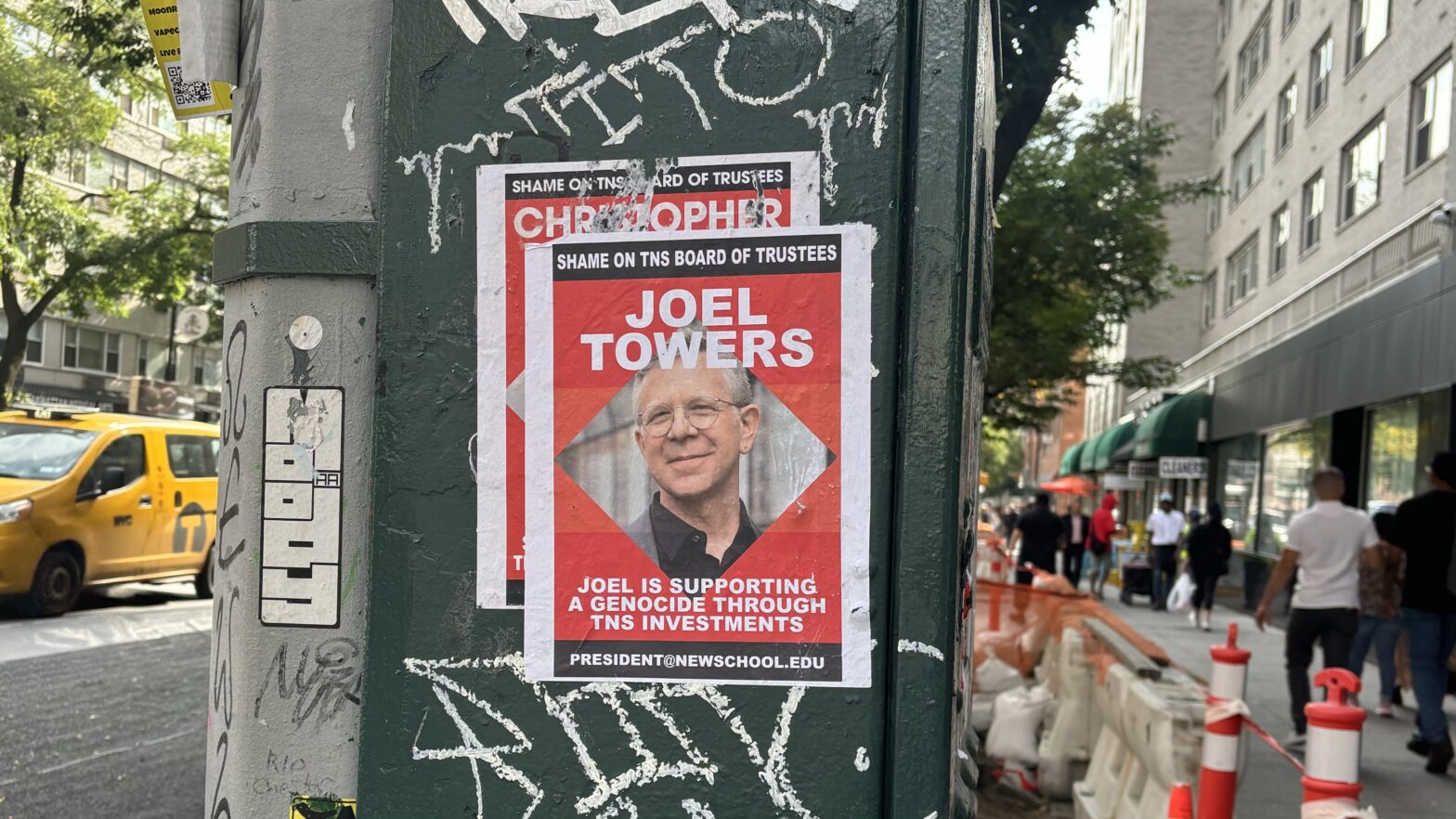

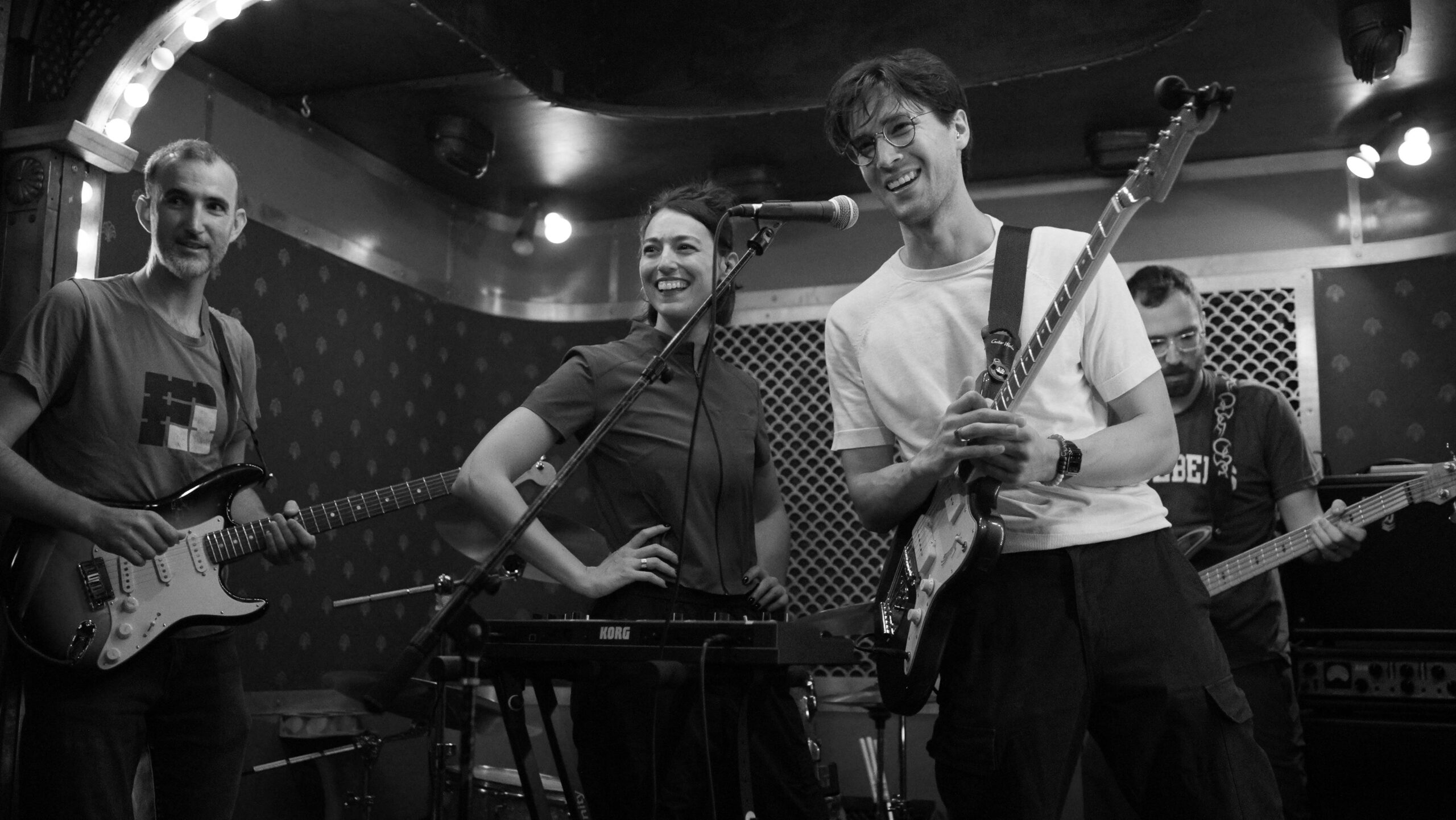
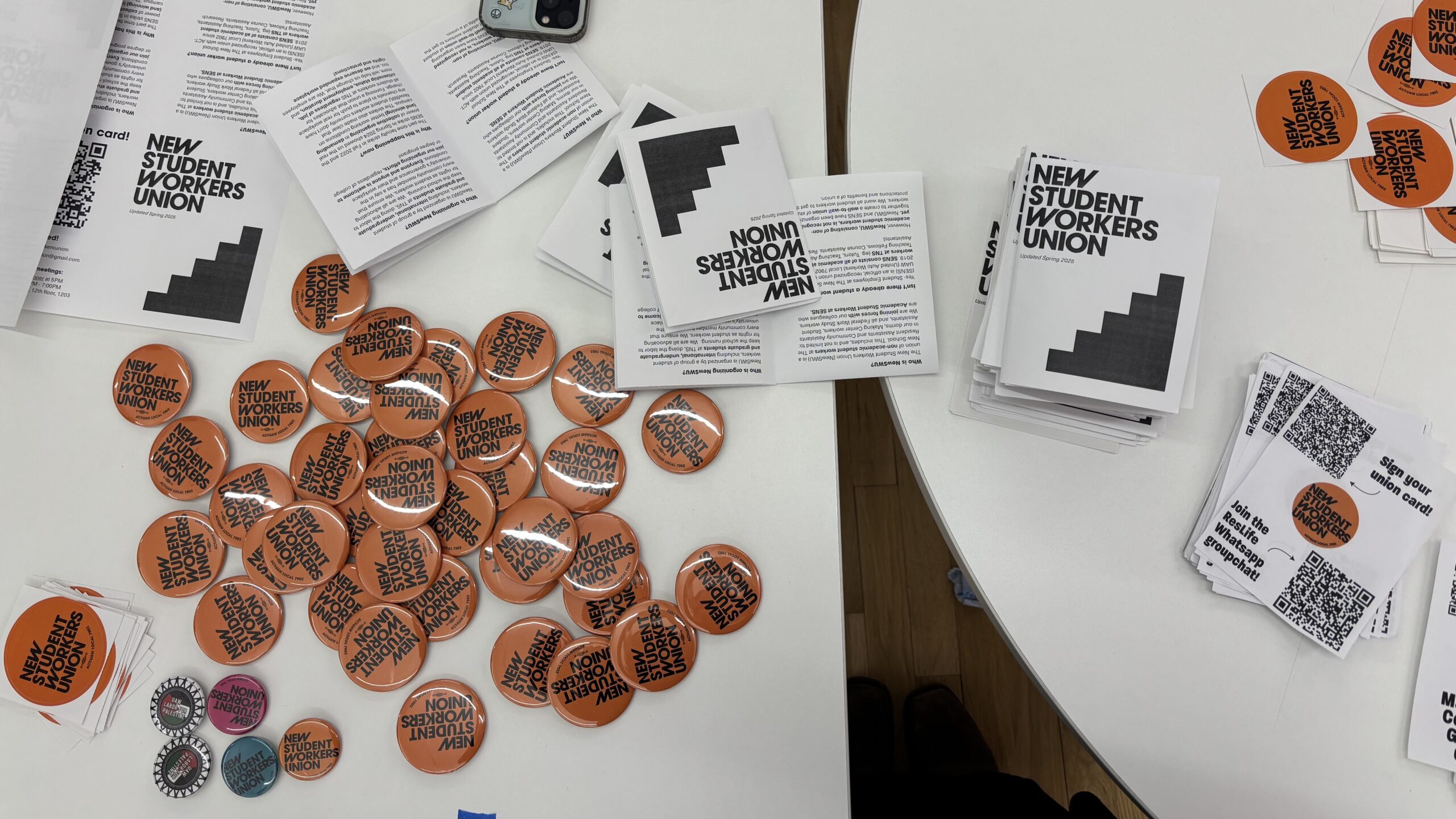
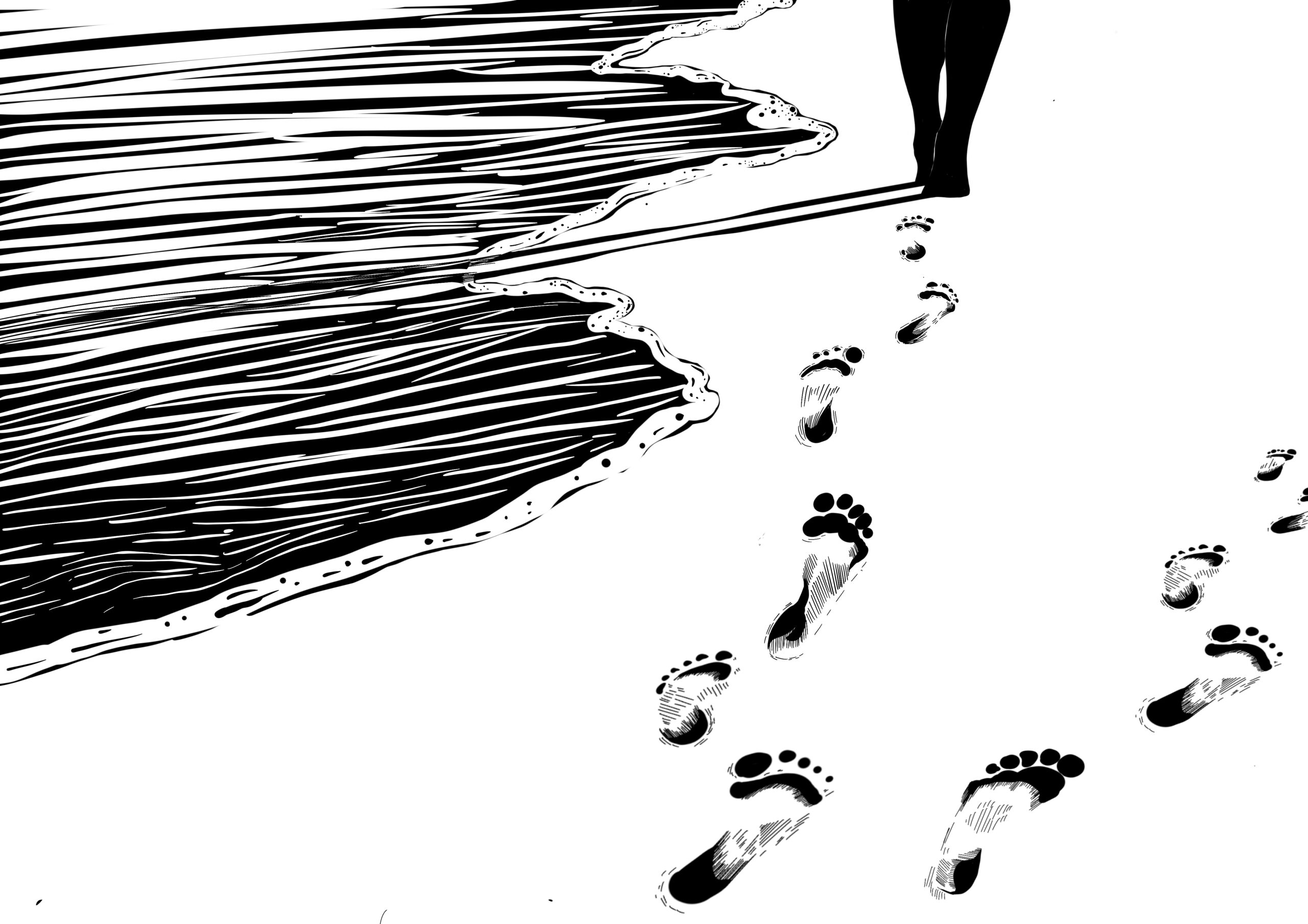
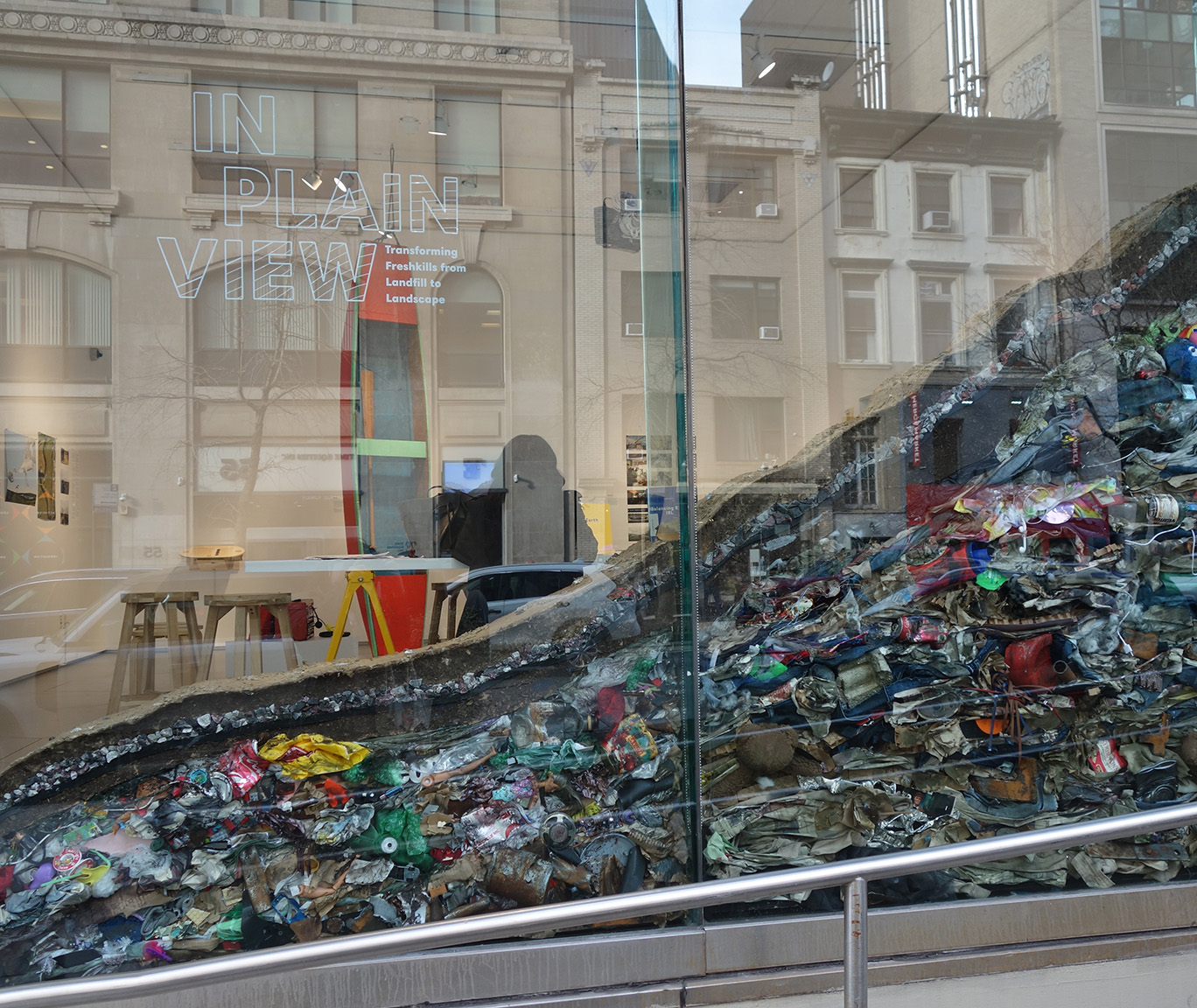
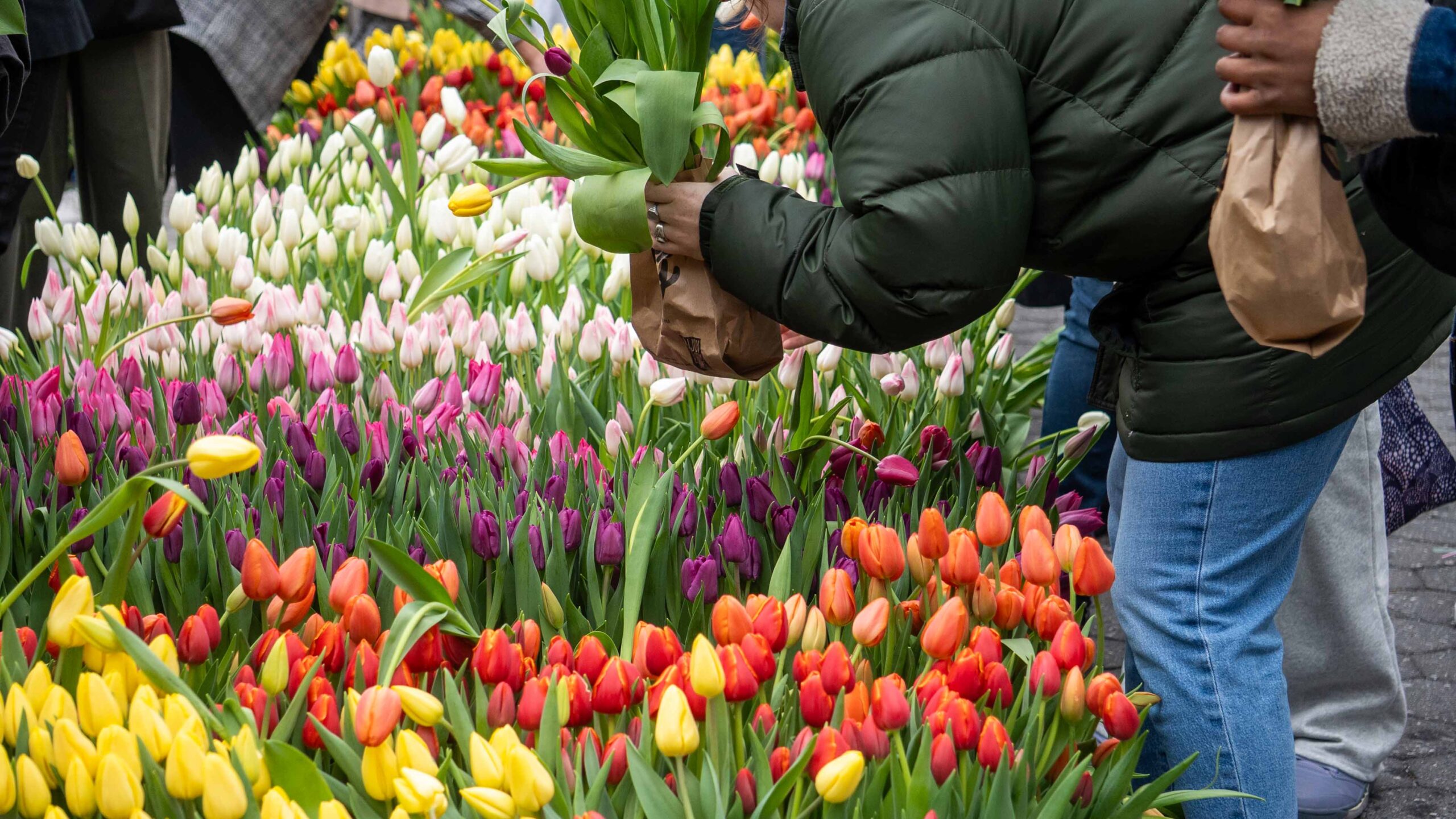
Leave a Reply